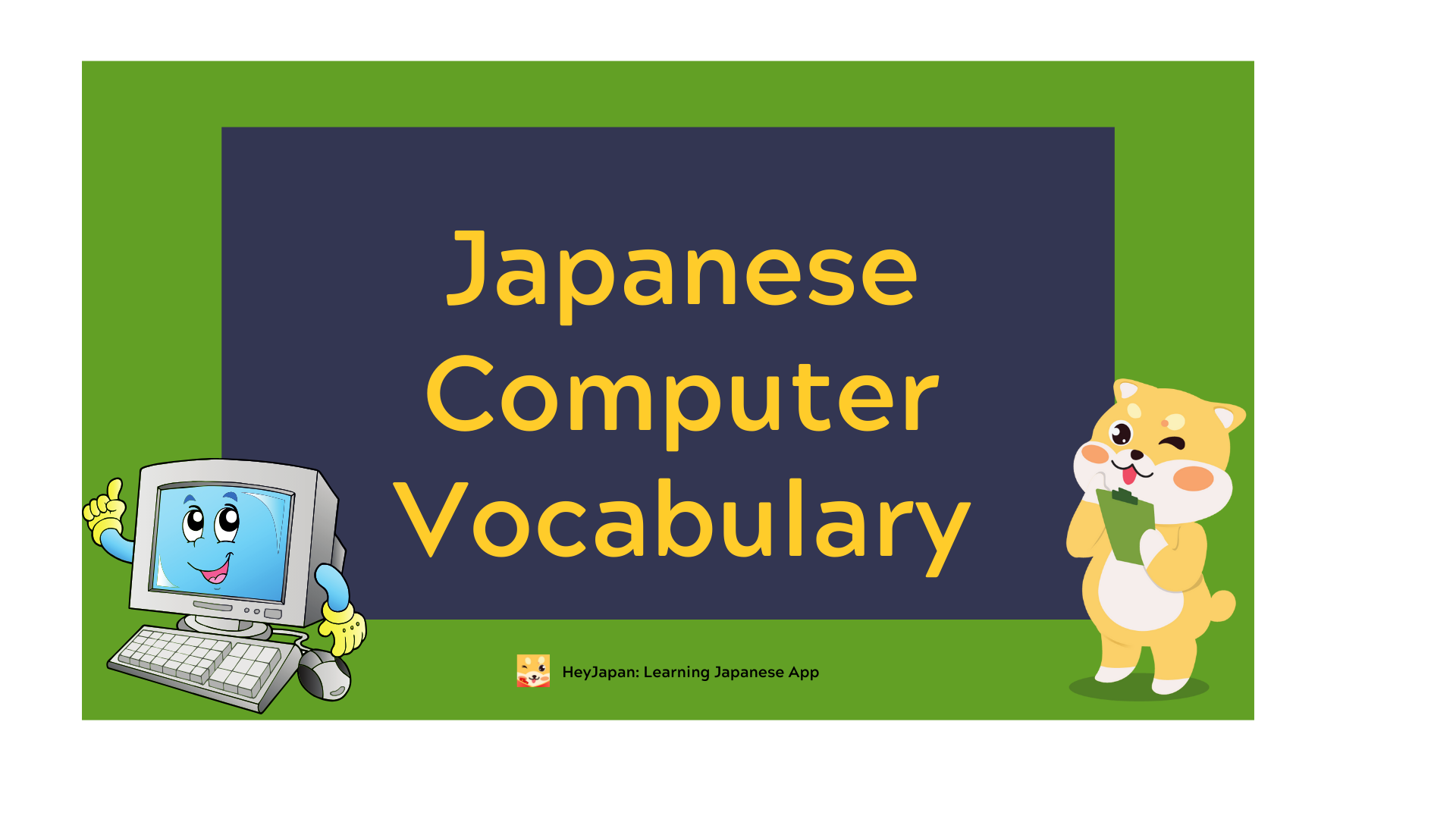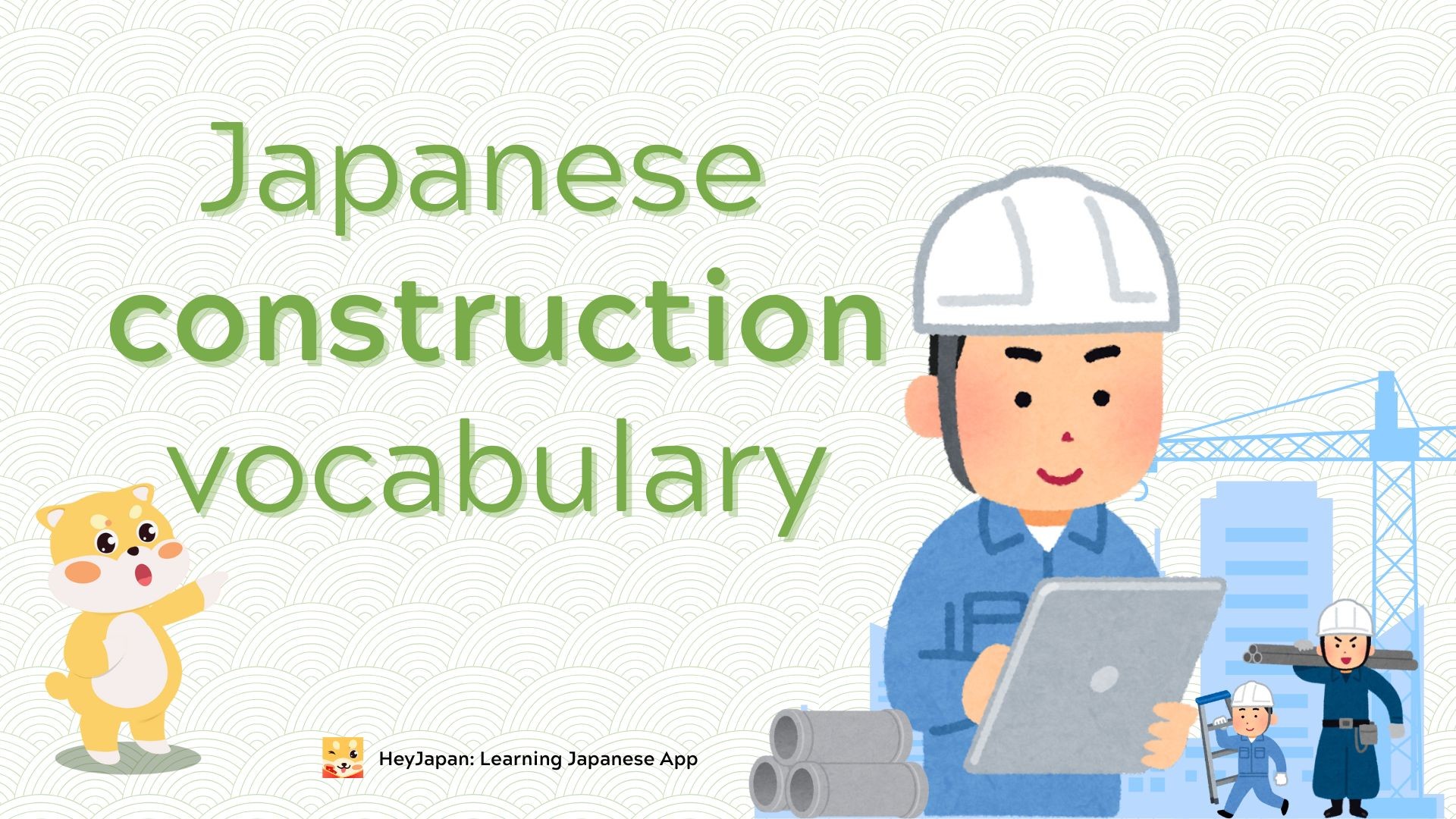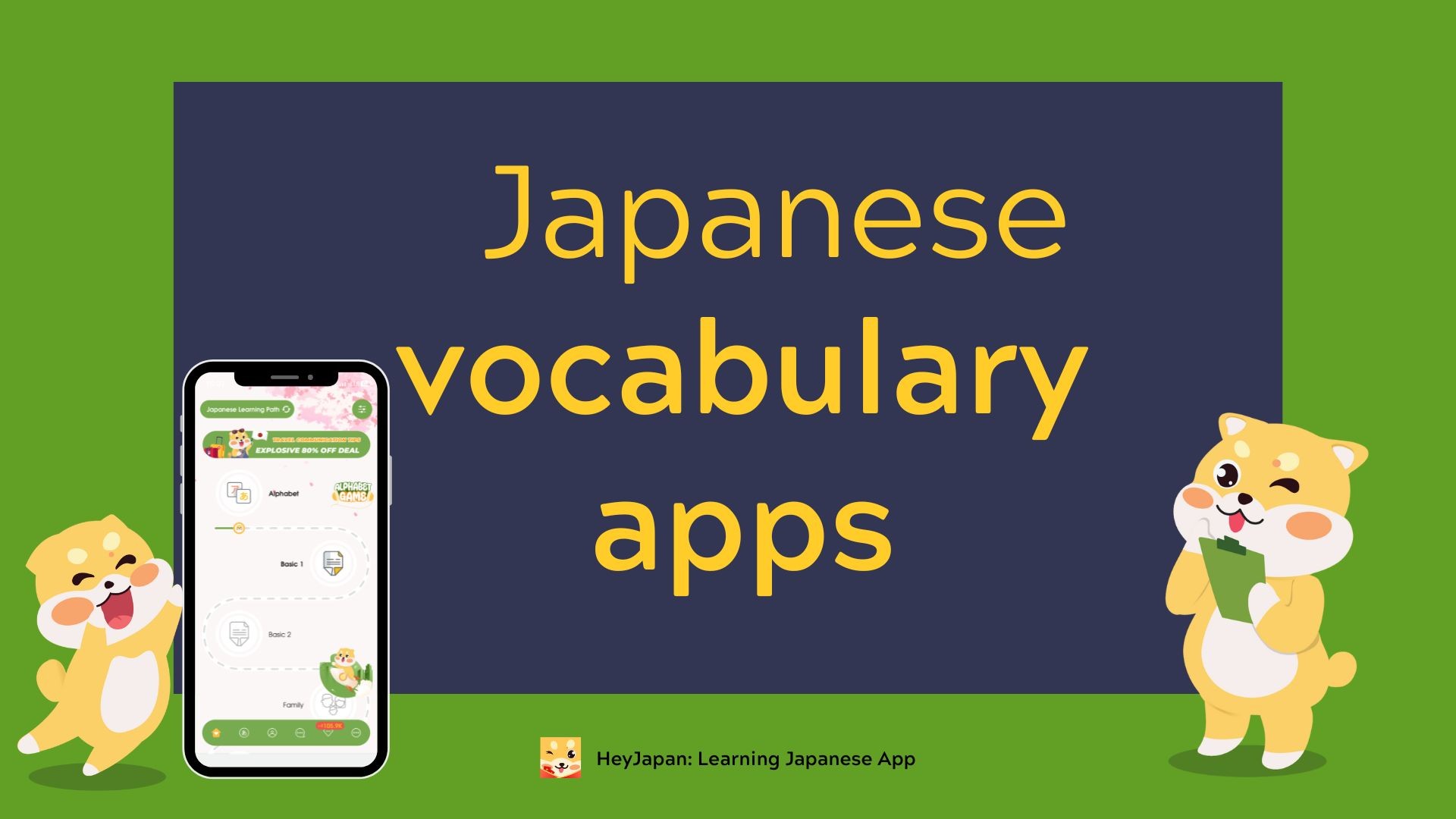- I. Why Japanese Interview Vocabulary Matters
- II. Common Japanese Job Interview Questions and Answers
- 1. Tell me about yourself.
- 3. What are your strengths and weaknesses?
- 4. What are your future career goals?
- III. Key Japanese Interview Vocabulary You Should Know
- IV. How to Answer Interview Questions Using Japanese Interview Vocabulary
- V. Interview Etiquette in Japan: Do’s and Don’ts
- VI. Final Tips for Success in Your Japanese Job Interview
- Mastering Japanese Interview Vocabulary for Success
If you're preparing for a job interview with a Japanese company, understanding Japanese interview vocabulary is crucial. The language used in job interviews in Japan is formal, specific, and can be different from casual conversation. In this comprehensive guide, we’ll cover essential Japanese vocabulary, common interview questions, sample answers, and important tips for preparing for your Japanese job interview.
I. Why Japanese Interview Vocabulary Matters
Before diving into the details, it's important to understand why mastering Japanese interview vocabulary is essential.
Interviews in Japan are highly structured, and the way you communicate is just as important as the skills you bring to the table.
By knowing the right words and phrases, you can show respect for Japanese culture, demonstrate your professionalism, and ensure you make a strong impression during your interview.
II. Common Japanese Job Interview Questions and Answers
When preparing for a job interview in Japan, knowing common questions and the appropriate responses is key. Here’s a list of Japanese interview vocabulary you'll frequently encounter in interviews, along with sample answers.
1. Tell me about yourself.
- Question: ご自身について教えてください (Go jishin ni tsuite oshiete kudasai)
Translation: Tell me about yourself.
- Example Answer:
"私は○○大学を卒業し、△△の分野で働いています。強みはコミュニケーション能力です。"
(Watashi wa ○○ daigaku o sotsugyō shi, △△ no bunya de hataraite imasu. Tsuyomi wa komyunikēshon nōryoku desu.)
Translation: I graduated from [university] and have worked in [industry]. My strength is communication skills
2. Why did you apply for this job?
- Question: なぜこの仕事を応募したのですか? (Naze kono shigoto wo oubo shita no desu ka?)
Translation: Why did you apply for this job? - Example Answer:
"貴社のビジョンに共感し、私の経験を活かせると考えました。"
(Kisha no bijon ni kyōkan shi, watashi no keiken o ikaseru to kangaemashita.)
Translation: I applied because I resonate with your company’s vision and believe my experience will contribute to your goals.
3. What are your strengths and weaknesses?
- Question: 強みと弱みは何ですか? (Tsuyomi to yowami wa nan desu ka?)
Translation: What are your strengths and weaknesses? - Example Answer:
"私の強みは問題解決能力で、弱みは時々細かい部分にこだわりすぎることです。"
(Watashi no tsuyomi wa mondai kaiketsu nōryoku de, yowami wa tokidoki komakai bubun ni kodawari sugiru koto desu.)
Translation: My strength is problem-solving, and my weakness is that sometimes I focus too much on details.
4. What are your future career goals?
- Question: 将来の目標は何ですか? (Shōrai no mokuhyō wa nan desu ka?)
Translation: What are your future career goals?
- Example Answer:
"将来的には貴社でマネジメント職に就きたいと考えています。"
(Shōraiteki ni wa kisha de manejimento-shoku ni tsukitai to kangaete imasu.)
Translation: In the future, I want to pursue a management role within your company.
III. Key Japanese Interview Vocabulary You Should Know
Here are the key Japanese interview vocabulary terms and phrases that will help you understand and respond confidently during your job interview.
- 経歴 (Keireki) – Career history
- 経験 (Keiken) – Experience
- スキル (Sukiru) – Skill
- 成果 (Seika) – Results
- 強み (Tsuyomi) – Strength
- 弱み (Yowami) – Weakness
- 志望動機 (Shibō dōki) – Reason for applying
- 自己PR (Jiko PR) – Self-promotion
- チームワーク (Chīmuwāku) – Teamwork
- 採用 (Saiyō) – Recruitment
- 面接 (Mensetsu) – Interview
- 期待 (Kitai) – Expectations
- 志望者 (Shibōsha) – Applicant
These words are essential to understanding the language of the interview and will help you respond appropriately to common interview questions.
IV. How to Answer Interview Questions Using Japanese Interview Vocabulary
When answering interview questions, it’s essential to be concise, polite, and confident. Below are some additional tips and guidelines for answering questions effectively.
- Keep your answers clear and concise: Japanese interviewers appreciate brief and direct responses. Avoid over-explaining, and focus on your key points.
- Use formal and polite language: Use respectful language, especially with verbs like ます/です.
- Demonstrate humility and respect: Humility is highly valued in Japan. Show respect for the company and the interviewer by staying humble and focused on your potential contributions.
V. Interview Etiquette in Japan: Do’s and Don’ts
Proper etiquette is an important part of your interview preparation. Here are a few do’s and don’ts when attending a Japanese job interview:
Do’s:
- Be punctual: Arriving 10-15 minutes early is considered polite in Japan.
- Dress professionally: Conservative business attire is expected, so make sure you dress appropriately.
- Show enthusiasm: Demonstrate your interest in the company and the position during the interview.
Don’ts:
- Don’t interrupt the interviewer: Wait for the interviewer to finish before you respond.
- Don’t be overly casual: Even if the conversation feels relaxed, it’s important to maintain formality in your speech and behavior.
VI. Final Tips for Success in Your Japanese Job Interview
To successfully navigate a Japanese interview, mastering Japanese interview vocabulary is key. In addition to learning the right terms, here are some final tips:
- Prepare thoroughly: Practice common questions and responses in advance to increase your confidence.
- Be respectful: Japanese culture places a strong emphasis on respect and politeness, so always use formal language and show gratitude during and after the interview.
- Understand the company’s culture: Take time to research the company you’re interviewing with and familiarize yourself with its values and vision.
Mastering Japanese Interview Vocabulary for Success
By mastering Japanese interview vocabulary and practicing your responses, you’ll be ready to impress your potential employer.
Whether you’re a beginner or already proficient in Japanese, understanding key phrases and using the right words will help you navigate your job interview smoothly.
Remember, preparation is the key to success, so take your time to learn these terms and practice your answers. Best of luck with your Japanese job interview!








